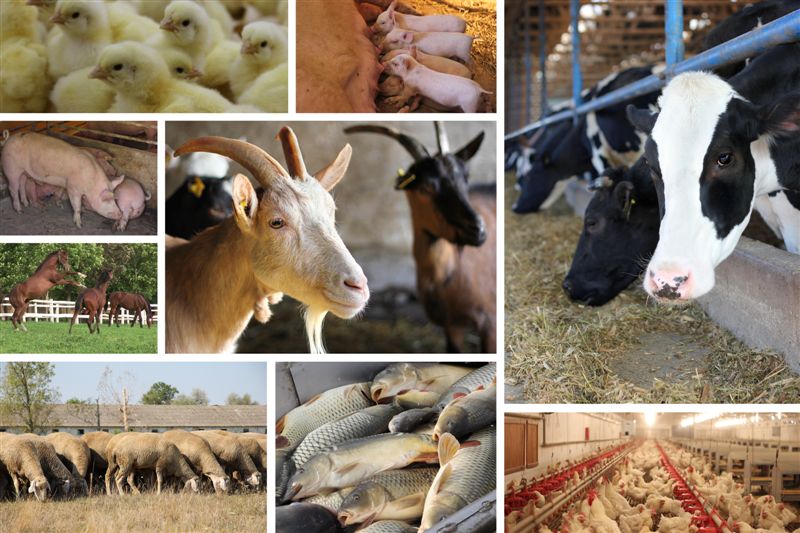Greening of ag policy to shrink Dutch livestock sector, study finds

An exploratory study by Wageningen University & Research has examined the future of agriculture and horticulture in the Netherlands in light of greening agricultural policies.
Commissioned by the Ministry of Agriculture, Nature and Food Quality, the study examines various long-term scenarios (up to 2050) for the development of the Dutch agri-food sector and considers strategies for the Ministry to influence these scenarios.
The starting point is a reference scenario that sets out how the sector will develop if the existing policies remain in force. Analysts consider a number of variables based on the degree of greening and whether it is an EU or international target. Another variable that analysts considered was the extent to which international trade was further liberalised.
According to Wageningen University & Research, the greening scenarios considered are based on the premise of monetising greenhouse gas emissions to reduce the pressure on the environment. The transition to a more plant-based diet, the reduction of food waste and increasing the area of land under nature management will also contribute to this greening. Greenhouse gases are monetised by implementing a CO2 equivalent tax that reflects the various costs involved in reducing emissions.
The study found that the main impact of the greening of agricultural policy will be a smaller livestock sector.
The arable and horticultural sectors will remain roughly stable or grow slightly, and the food processing industry will show relative growth and even flourish in some of the scenarios.
If the greening policies are only implemented at the EU level, then compensatory trade tariffs can limit the negative impact of CO2-eq taxes on the agri-food sector. A timely commitment to sustainability could provide a competitive advantage in the long run by avoiding higher costs in the future, for example because external impacts become subject to higher carbon taxes or other environmental measures.
None of the scenarios results in a significant impact on food self-sufficiency in the Netherlands and the EU.
Read also
Wheat in Southern Brazil Impacted by Dry Weather and Frosts
Oilseed Industry. Leaders and Strategies in the Times of a Great Change
Black Sea & Danube Region: Oilseed and Vegoil Markets Within Ongoing Transfor...
Serbia. The drought will cause extremely high losses for farmers this year
2023/24 Safrinha Corn in Brazil 91% Harvested
Write to us
Our manager will contact you soon



